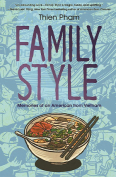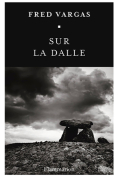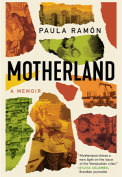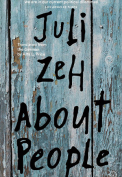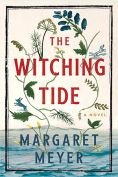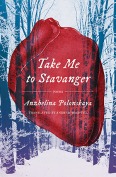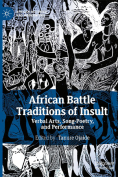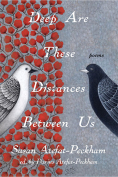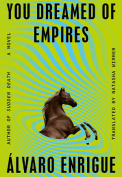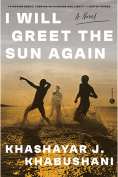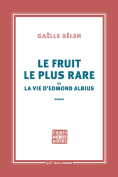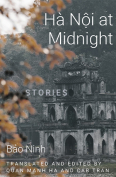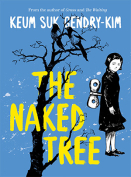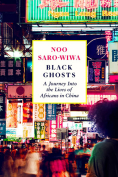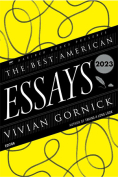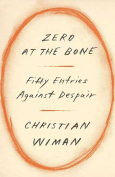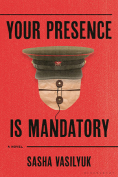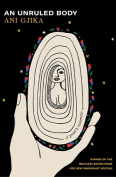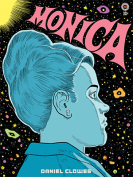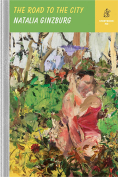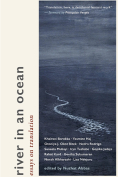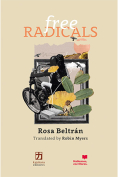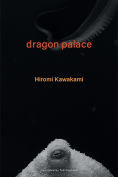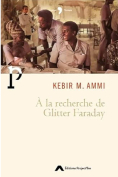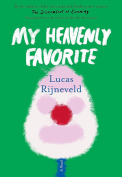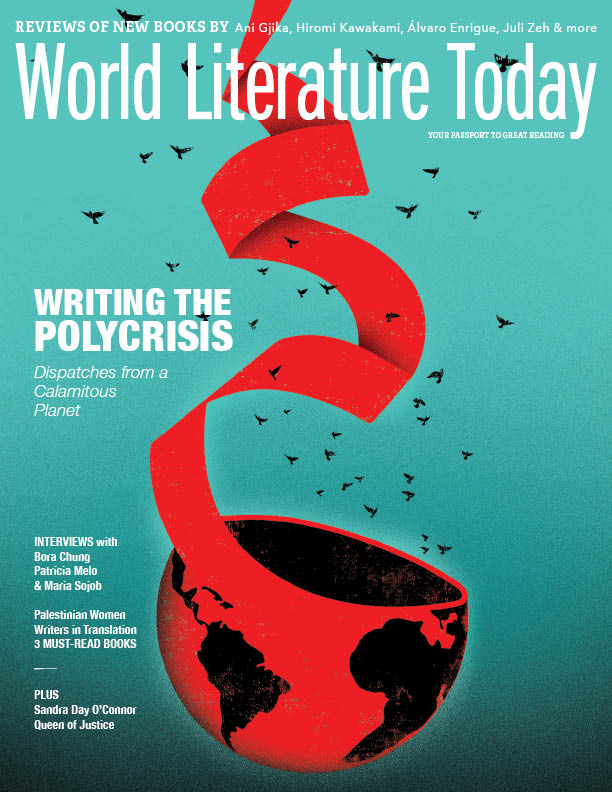I Will Greet the Sun Again by Khashayar J. Khabushani
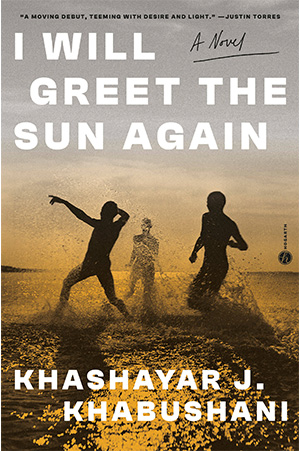 London. Hogarth. 2023. 240 pages.
London. Hogarth. 2023. 240 pages.
Khashayar J. Khabushani’s debut novel, I Will Greet the Sun Again, takes its title from the title of a poem by the acclaimed twentieth-century Iranian feminist poet Forugh Farrokhzad and places these words in the psyche of his nine-year-old protagonist, K, who is named after an ancient Persian king. K, however, wishes to be anything but a king and instead is more consumed with exploring all the nooks and crannies of Van Nuys, California (part of Los Angeles’s historic San Fernando Valley), where many Iranians settled after the large migration out of Iran after the 1979 revolution. K hangs out with his two older brothers, Shawn and Justin (not named after Persian kings), and his neighbors, Christian and Johnny. Life isn’t always perfect in LA, but when K and his brothers are uprooted to Iran by their father, things become even more complicated.
Khabushani’s candid description of Iran flows through the eyes of K, who is learning parts about himself he has never known. It is the renewed love for his family that gives K insight into his own history, even though this existence becomes emotionally conflicting for him. Without their mother’s presence, K and his brothers feel trapped with their father but find comfort with their other Iranian family members. Khabushani doesn’t temper the difficult moments for his characters but writes even the most painful events with tenderness. Each male character faces his own struggle with masculinity as well as the clash between an Iranian and an American understanding of culture and family. Khabushani’s novel is crucial for understanding the unique perspective of confronting manhood within the Iranian community while also challenging Islamophobic depictions of Middle Eastern/SWANA men within the West.
While in Iran, K’s Khaleh (aunt) introduces him to Farrokhzad’s poetry. The images in her poems stay with him for the rest of the novel and give him the tools to understand his complicated family. Farrokhzad’s voice and aura thus become a vessel by which K begins to accept himself, little by little. When K finally comes back to the US, he faces new challenges to his identity with the dramatic events of 9/11. Suddenly, he is forced to justify his existence to those who see him as an outsider. He confronts his sexuality and his feelings for his friend, Johnny, and his sense of being othered by his community only deepens. Khabushani’s honest yet poignant depiction of Iranian diasporic identity conveys something that has only recently emerged in fiction—that of being both inside and outside of Iranian culture.
Khabushani deftly weaves other elements of Iranian experience and sensibility of the Iranian diaspora: haunting memories of the country’s painful recent history, culture clashes that affect the family dynamics, and feelings of displacement regardless of where one calls home. Khabushani pays homage to Farrokhzad’s poetry and, in doing so, helps K not only make sense of his world but also of the confusing and beautiful parts of himself as well. Khabushani’s storytelling is crucial for readers who feel a connection to diasporic identities–there is much yearning for connection to the homeland but also hurdles to have a sense of connection to Iran.
I Will Greet the Sun Again connects us back to the story of many who live in the diaspora—whether it is in the San Fernando Valley or elsewhere. Readers will find this novel a tender and painful quest for a young person who struggles to find a sense of belonging. K’s connection with poetry, with the renowned Iranian poet Farrokhzad, and with the complexity of Iran and its culture offers a new opportunity for readers to understand what is so often missed and so regularly overlooked in the news headlines.
Naazley Boozari
San Francisco State University

